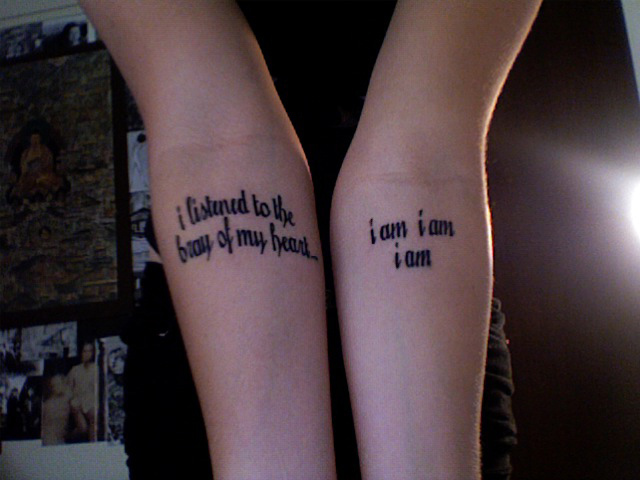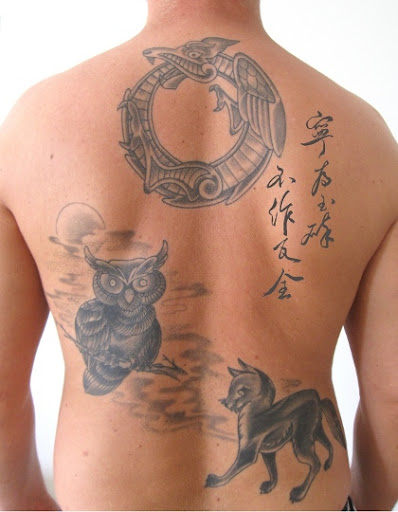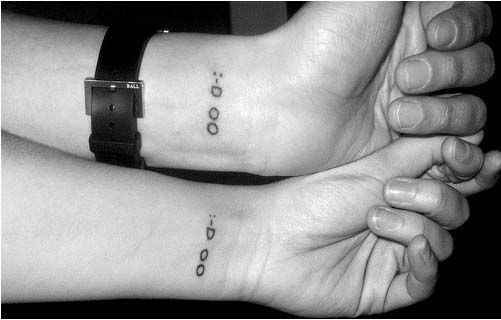The name "Aleut" comes from the Aleut word allíthuh, meaning "community." A regional self-denomination is Unangax̂, Unangan or Unanga, meaning "original people." The name Aleut was given to the Unangan by Russian fur traders in the mid-18th century.
Тhe Aleut people were distributed throughout the Aleutian Islands, the Shumagin Islands, and the far western part of the Alaska Peninsula, with an estimated population of around 25,000 before contact with Europeans. In the 1820s, the Russian-American Company, which administered a large portion of the North Pacific during a Russian led expansion of the fur trade, resettled many families to the Commander Islands (currently, within the Aleutsky District of the Kamchatka Krai in Russia) and to the Pribilof Islands (currently in Alaska), where there are currently established majority Aleut communities. Their numbers have dwindled to about 2,000 as a consequence of disease and disruption of traditional lifestyles, though people with partial Aleut descent may number around 15,000.
Тhe Aleut people were distributed throughout the Aleutian Islands, the Shumagin Islands, and the far western part of the Alaska Peninsula, with an estimated population of around 25,000 before contact with Europeans. In the 1820s, the Russian-American Company, which administered a large portion of the North Pacific during a Russian led expansion of the fur trade, resettled many families to the Commander Islands (currently, within the Aleutsky District of the Kamchatka Krai in Russia) and to the Pribilof Islands (currently in Alaska), where there are currently established majority Aleut communities. Their numbers have dwindled to about 2,000 as a consequence of disease and disruption of traditional lifestyles, though people with partial Aleut descent may number around 15,000.
















No comments:
Post a Comment